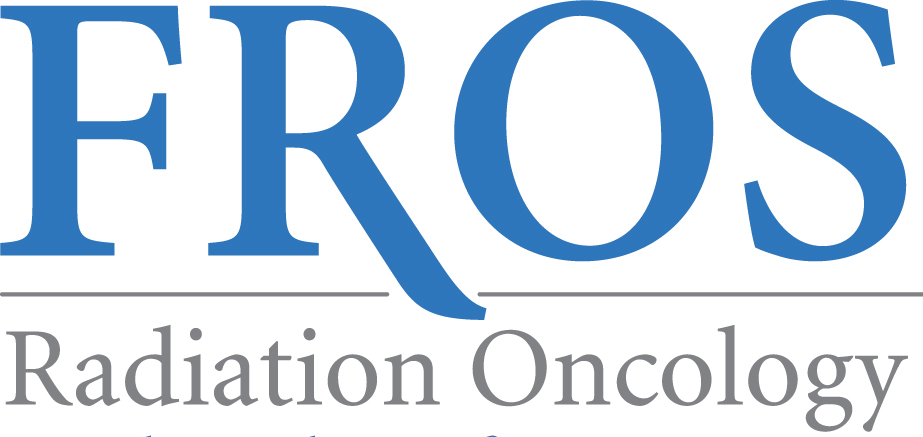Lung Cancer
/WHAT IS LUNG CANCER?
Lung cancer is a disease characterized by uncontrolled cell growth in tissues of the lung. Most cancers that start in lung, known as primary lung cancers, are carcinomas that derive from epithelial cells. Worldwide, lung cancer is the most common cause of cancer-related death in men and women. The main types of lung cancers are small-cell lung cancer (SCLC), and non-small-cell lung cancer (NSCLC).
RISK FACTORS OF LUNG CANCER
The most common cause of lung cancer is long-term exposure to tobacco smoke. Nonsmokers account for 15% of lung cancer cases, and these cases are often attributed to a combination of genetic factors, radon gas, asbestos, virus infection and air pollution including secondhand smoke.
SYMPTOMS OF LUNG CANCER
The most common symptoms are shortness of breath, coughing (including coughing up blood and chronic coughing or change in regular coughing pattern), and weight loss. Other symptoms could be: wheezing, chest pain, fatigue, and loss of appetite, hoarse voice, clubbing of the fingernails (uncommon) and difficulty in swallowing.
DIAGNOSIS OF LUNG CANCER
Lung cancer may be seen on chest radiograph and computed tomography (CT scan). The diagnosis is confirmed with a biopsy. This is usually performed by bronchoscopy or CT-guided biopsy.

